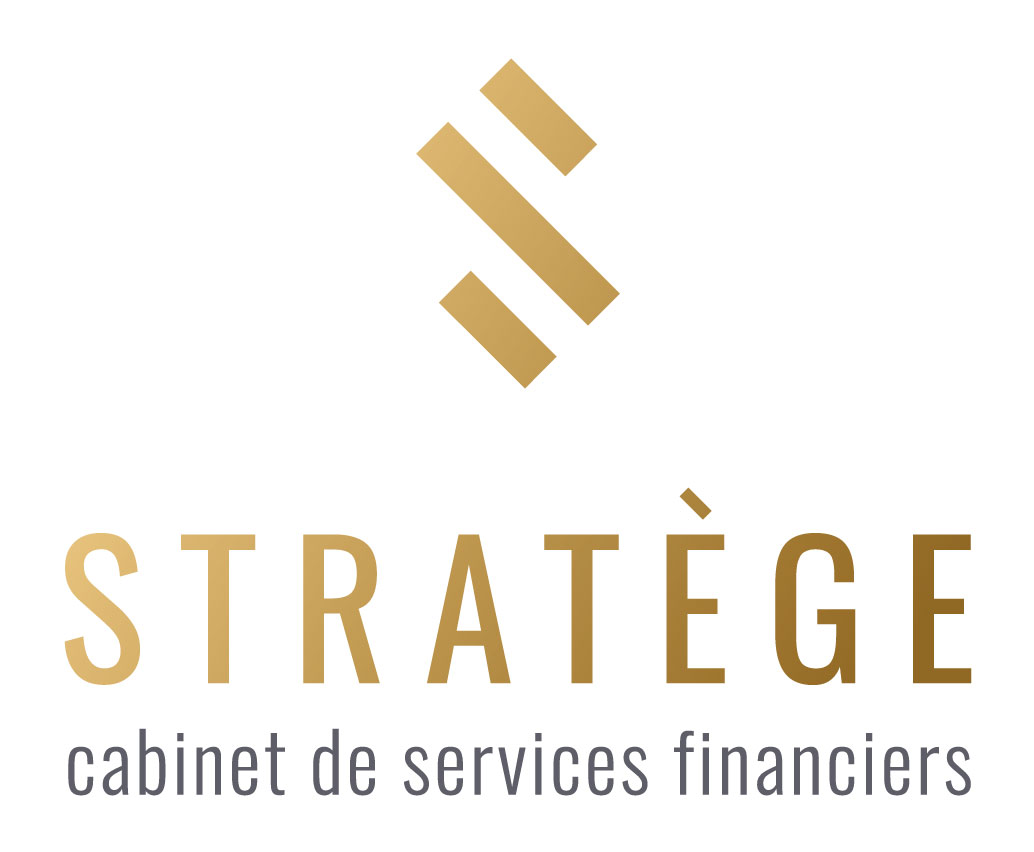

Groupe Financier Stratège

March 2025
Investment advising
Service with Minor Environmental Footprint
Canada
Chez Groupe Stratège, nous croyons que la performance financière doit aller de pair avec la responsabilité sociale et environnementale. Cabinet indépendant de services financiers basé au Québec, nous accompagnons une clientèle d’entrepreneurs, de professionnels et d’entreprises d’envergure dans la gestion intégrée de leur patrimoine, en plaçant l’humain, la transparence et l’impact durable au cœur de nos priorités. Notre approche repose sur cinq valeurs fondamentales : Engagement, Intégrité, Synergie, Performance et Épanouissement. Ces principes guident chaque décision et chaque relation que nous bâtissons. Certifiés B Corp, nous sommes fiers de faire partie d’un mouvement mondial d’entreprises qui utilisent les affaires comme une force positive. Concrètement, nous intégrons des critères ESG dans nos stratégies, favorisons les placements durables, et encourageons des décisions d’investissement alignées sur un avenir plus équitable et respectueux de l’environnement. Notre mission : construire un avenir financier solide et porteur de sens, pour nos clients comme pour la collectivité.
Overall B Impact Score
Governance 13.3
Governance evaluates a company's overall mission, engagement around its social/environmental impact, ethics, and transparency. This section also evaluates the ability of a company to protect their mission and formally consider stakeholders in decision making through their corporate structure (e.g. benefit corporation) or corporate governing documents.
What is this? A company with an Impact Business Model is intentionally designed to create a specific positive outcome for one of its stakeholders - such as workers, community, environment, or customers.
Workers 32.1
Workers evaluates a company’s contributions to its employees’ financial security, health & safety, wellness, career development, and engagement & satisfaction. In addition, this section recognizes business models designed to benefit workers, such as companies that are at least 40% owned by non-executive employees and those that have workforce development programs to support individuals with barriers to employment.
Community 20.6
Community evaluates a company’s engagement with and impact on the communities in which it operates, hires from, and sources from. Topics include diversity, equity & inclusion, economic impact, civic engagement, charitable giving, and supply chain management. In addition, this section recognizes business models that are designed to address specific community-oriented problems, such as poverty alleviation through fair trade sourcing or distribution via microenterprises, producer cooperative models, locally focused economic development, and formal charitable giving commitments.
Environment 7.1
Environment evaluates a company’s overall environmental management practices as well as its impact on the air, climate, water, land, and biodiversity. This includes the direct impact of a company’s operations and, when applicable its supply chain and distribution channels. This section also recognizes companies with environmentally innovative production processes and those that sell products or services that have a positive environmental impact. Some examples might include products and services that create renewable energy, reduce consumption or waste, conserve land or wildlife, provide less toxic alternatives to the market, or educate people about environmental problems.
Customers 17.3
Customers evaluates a company’s stewardship of its customers through the quality of its products and services, ethical marketing, data privacy and security, and feedback channels. In addition, this section recognizes products or services that are designed to address a particular social problem for or through its customers, such as health or educational products, arts & media products, serving underserved customers/clients, and services that improve the social impact of other businesses or organizations.
What is this? A company with an Impact Business Model is intentionally designed to create a specific positive outcome for one of its stakeholders - such as workers, community, environment, or customers.